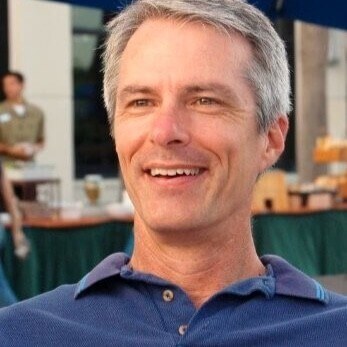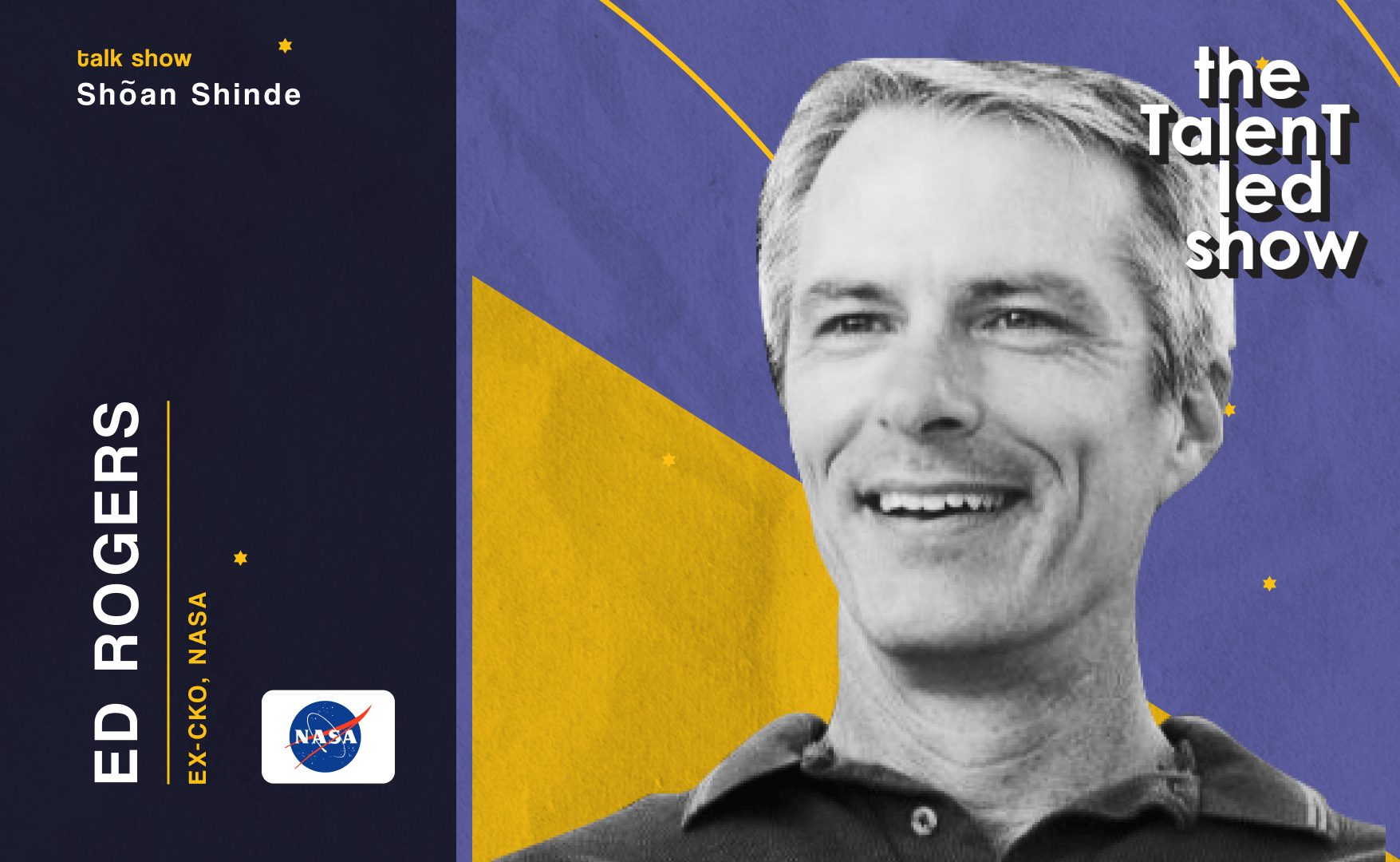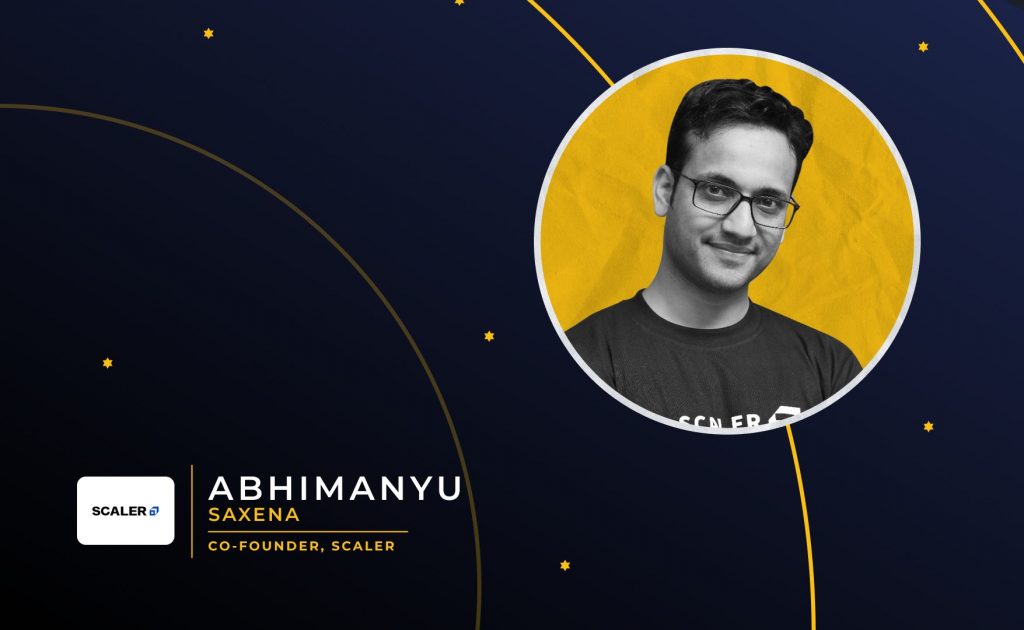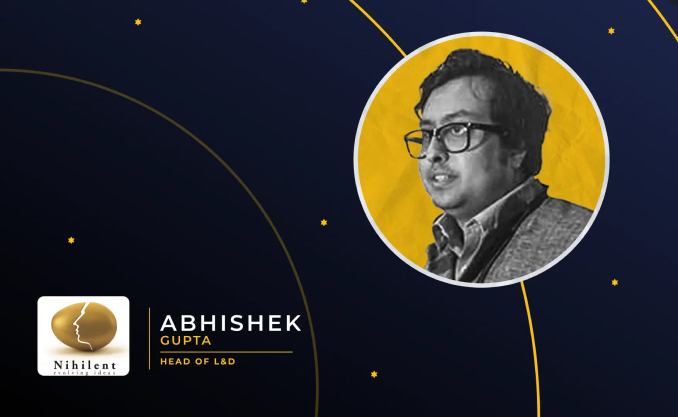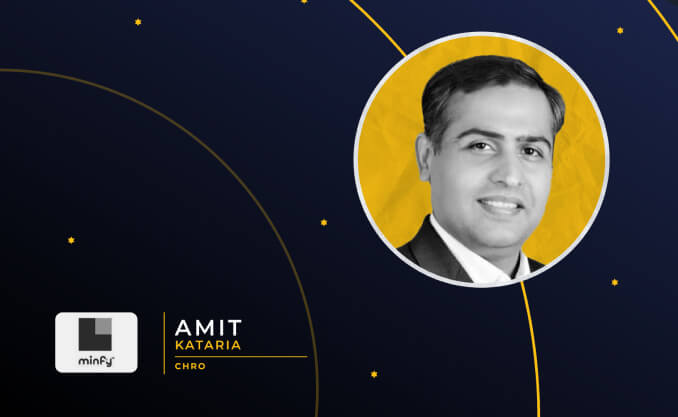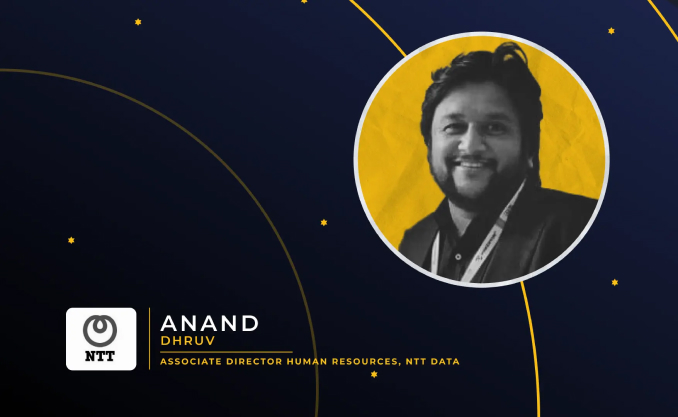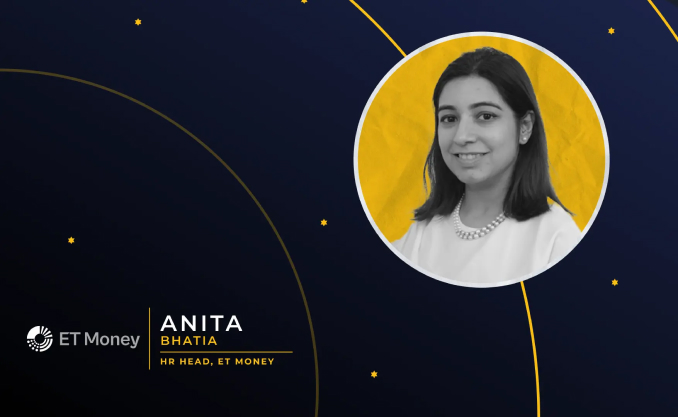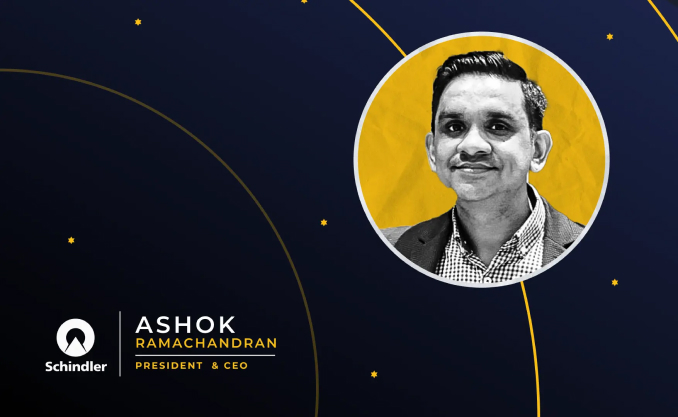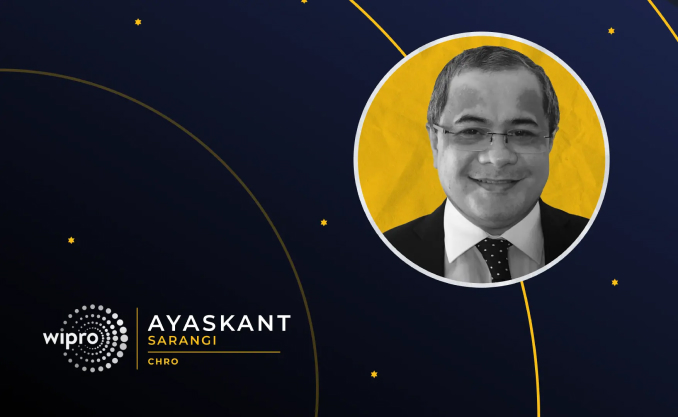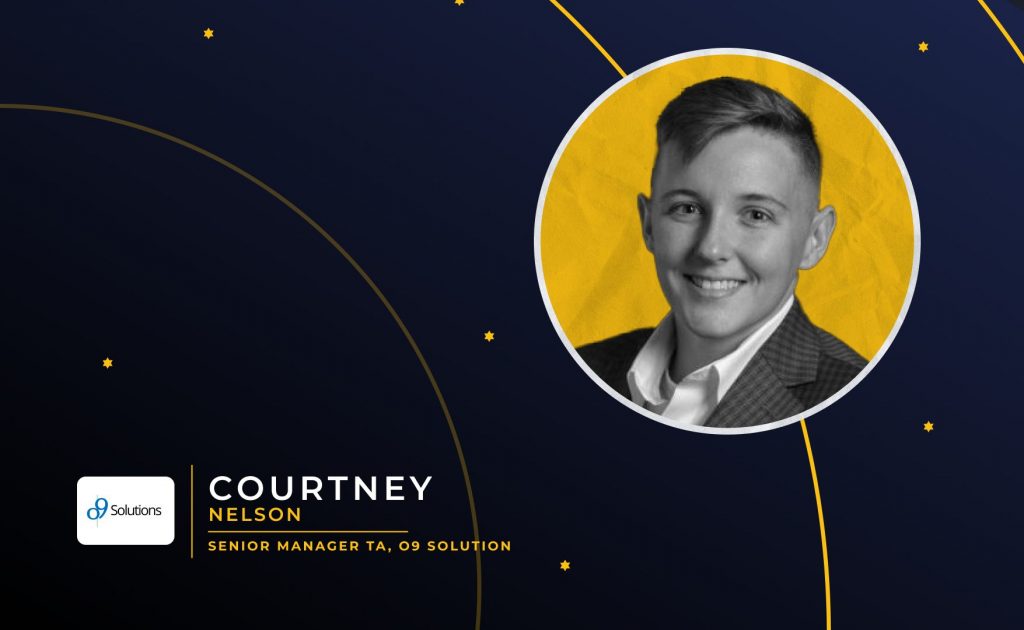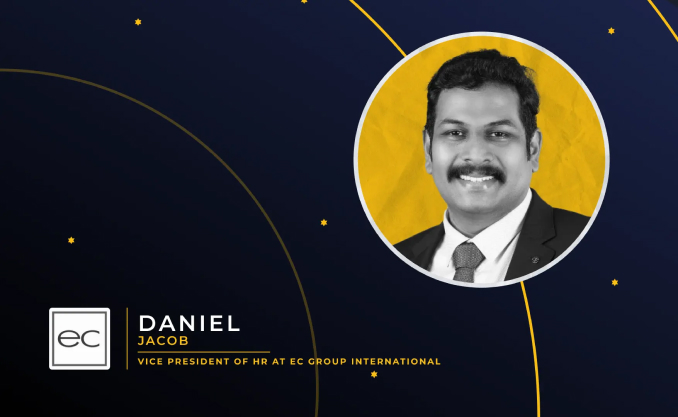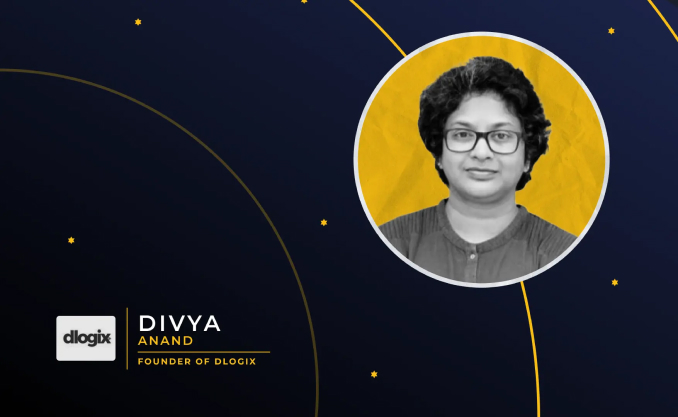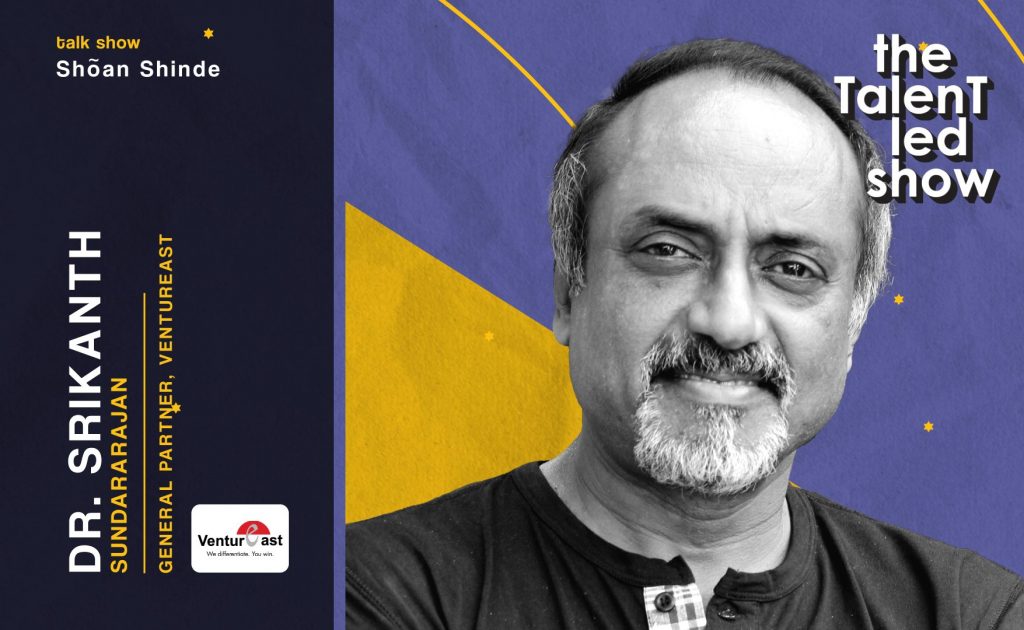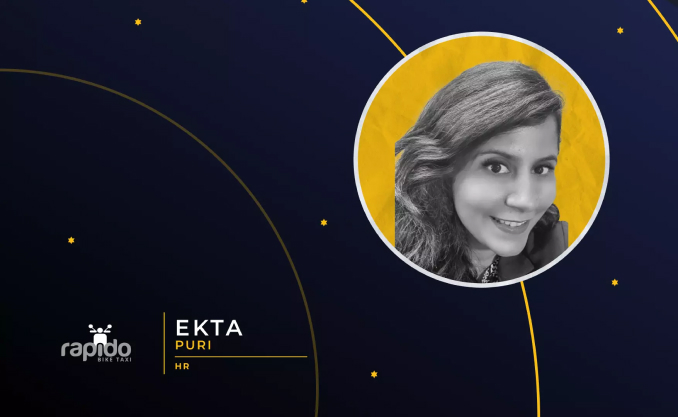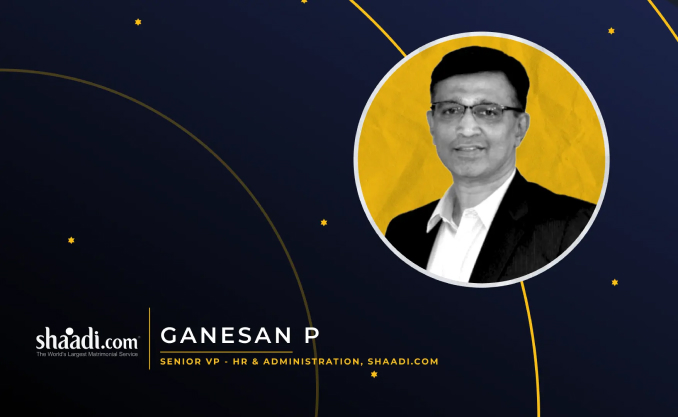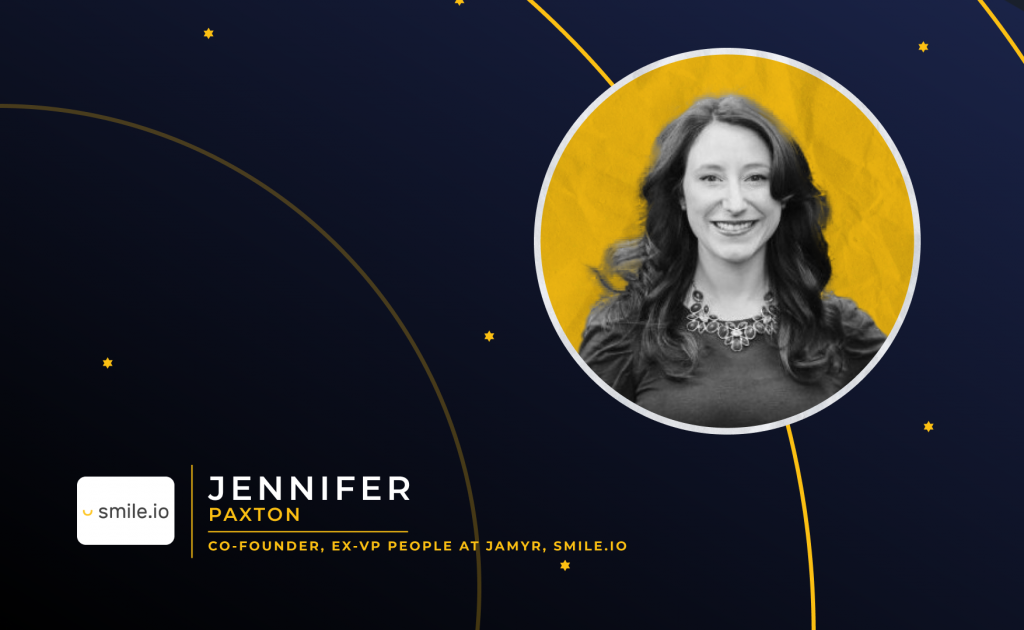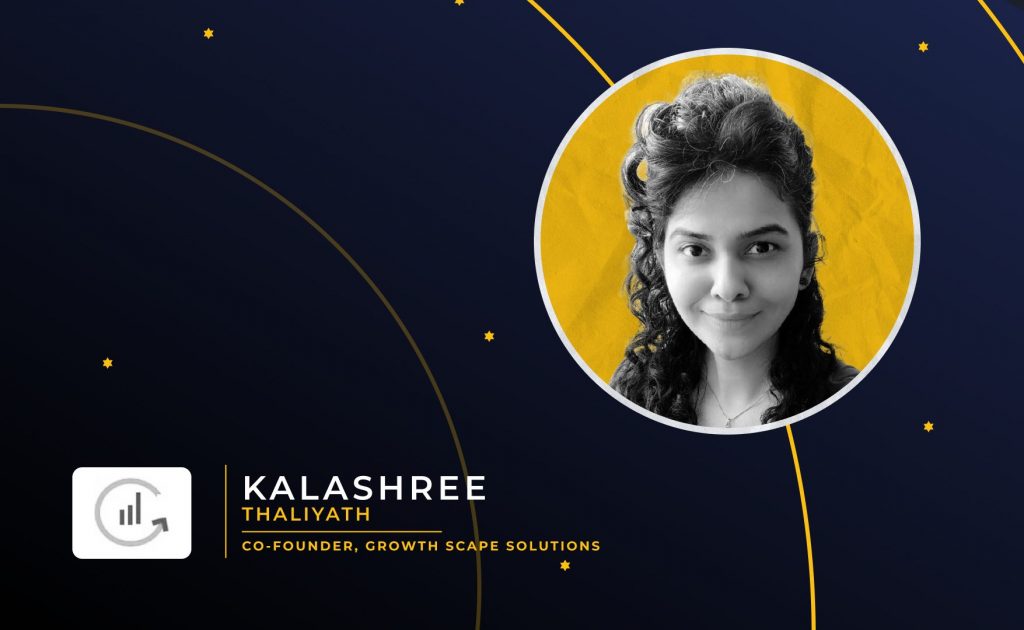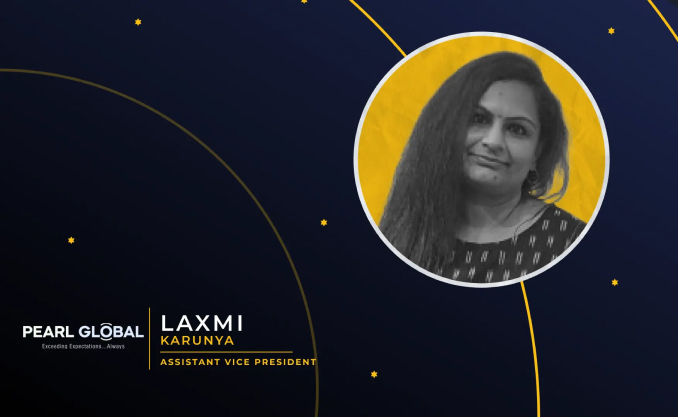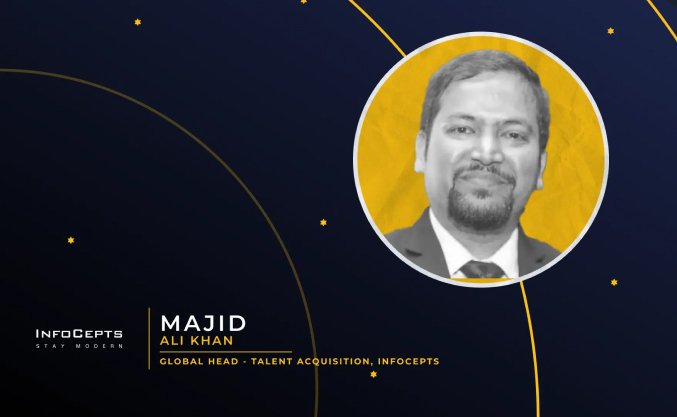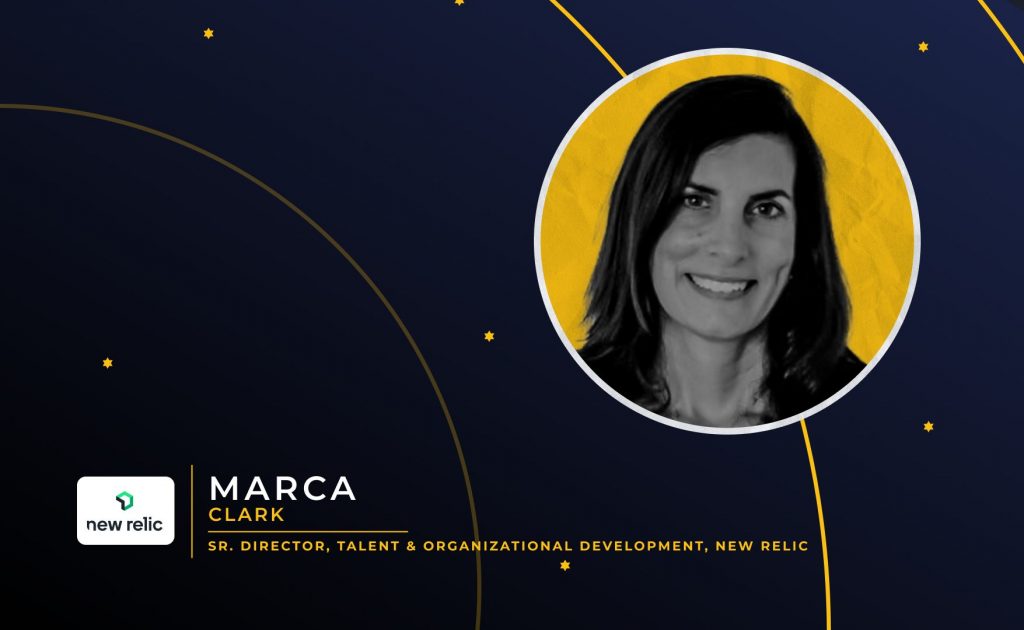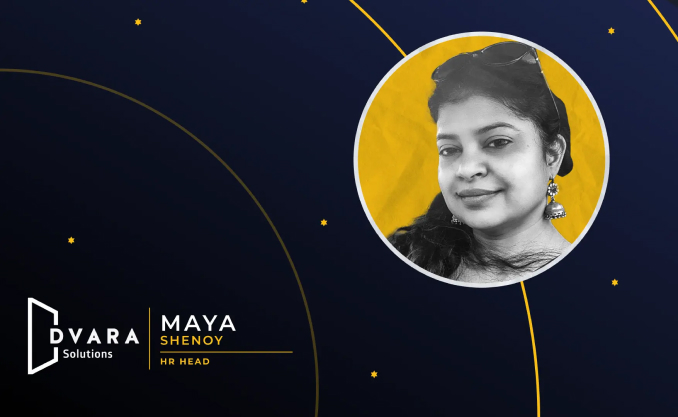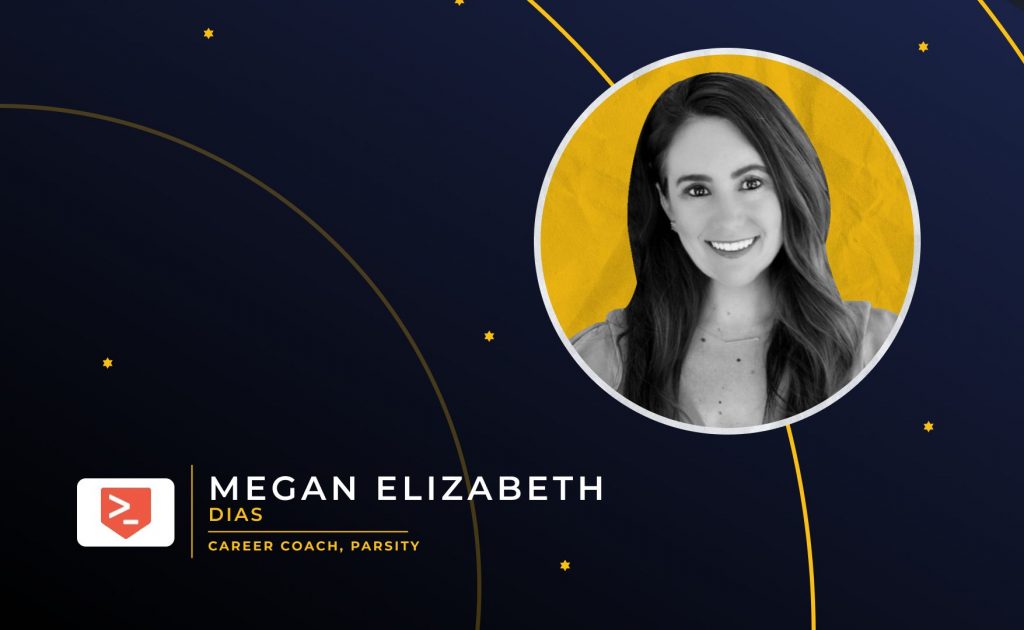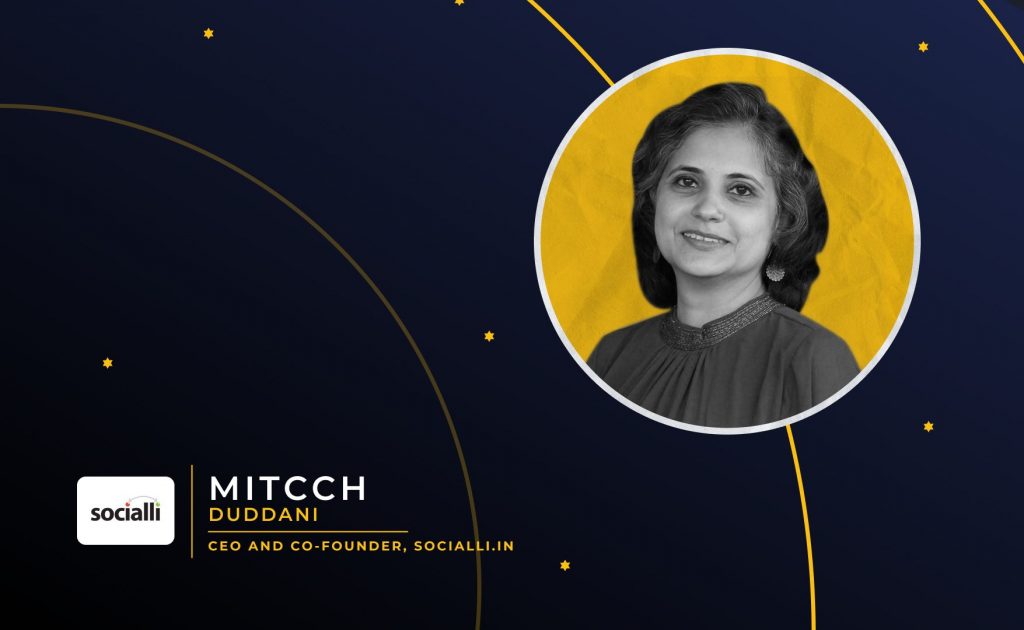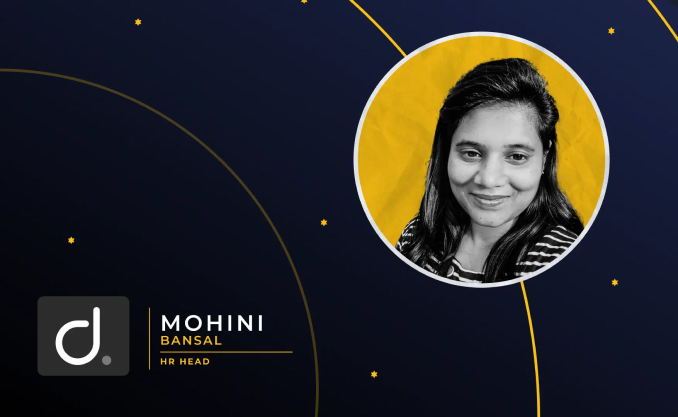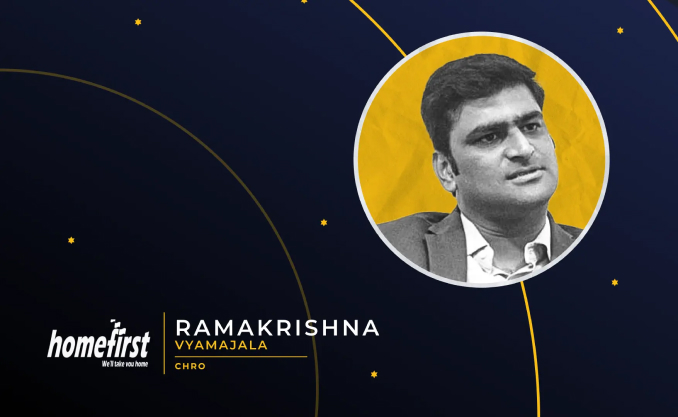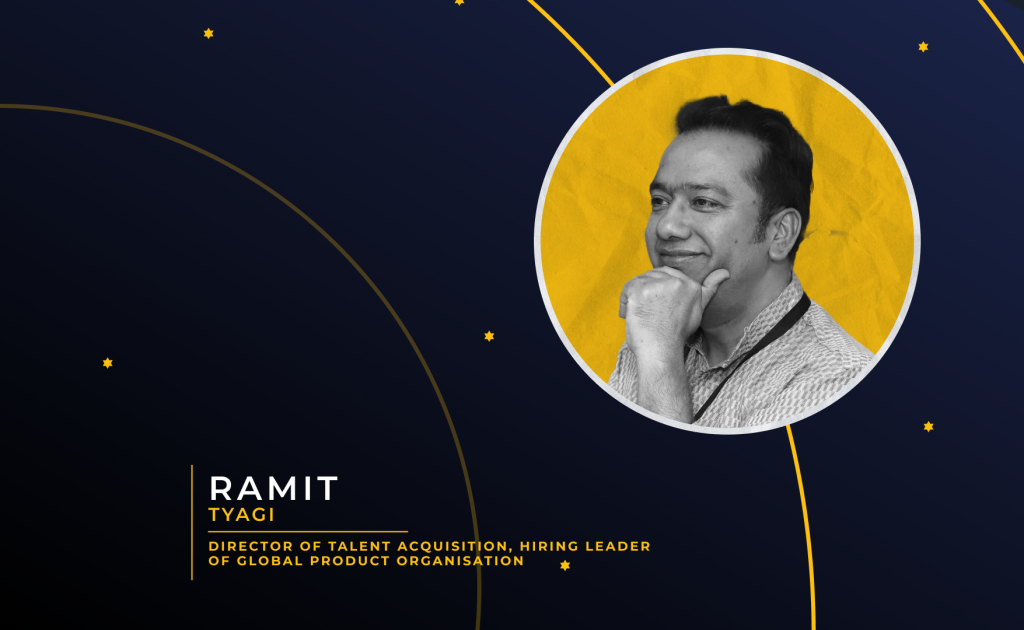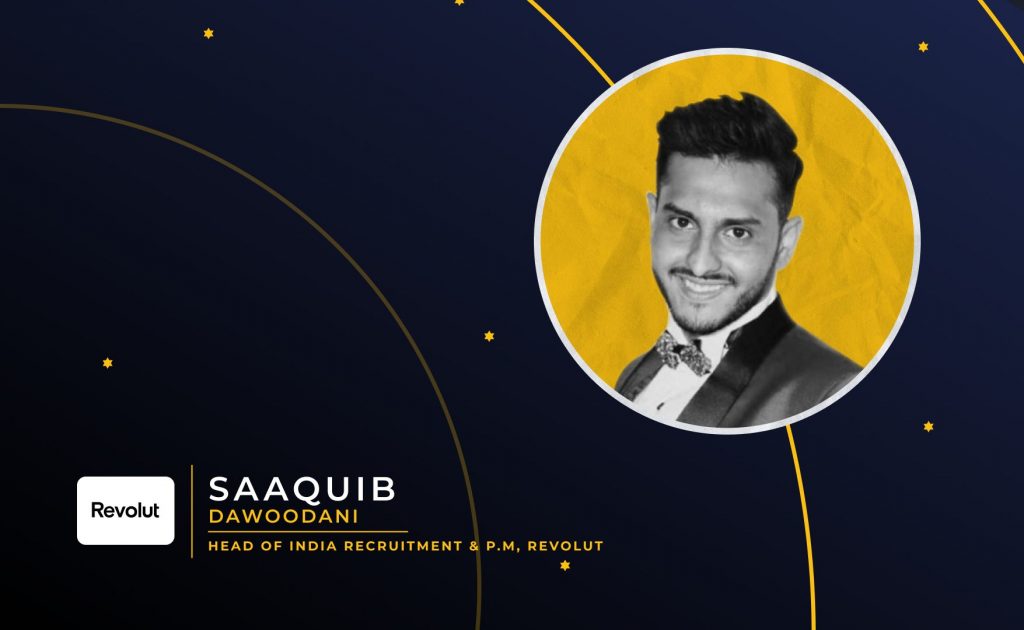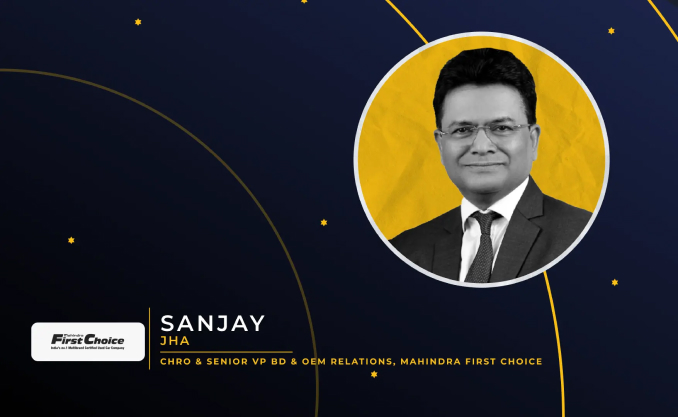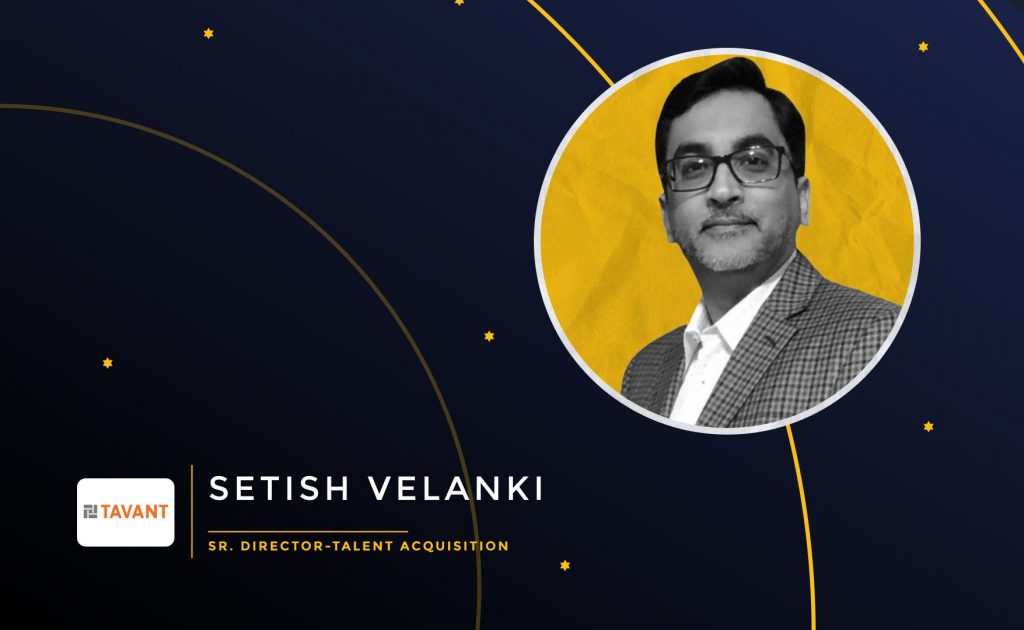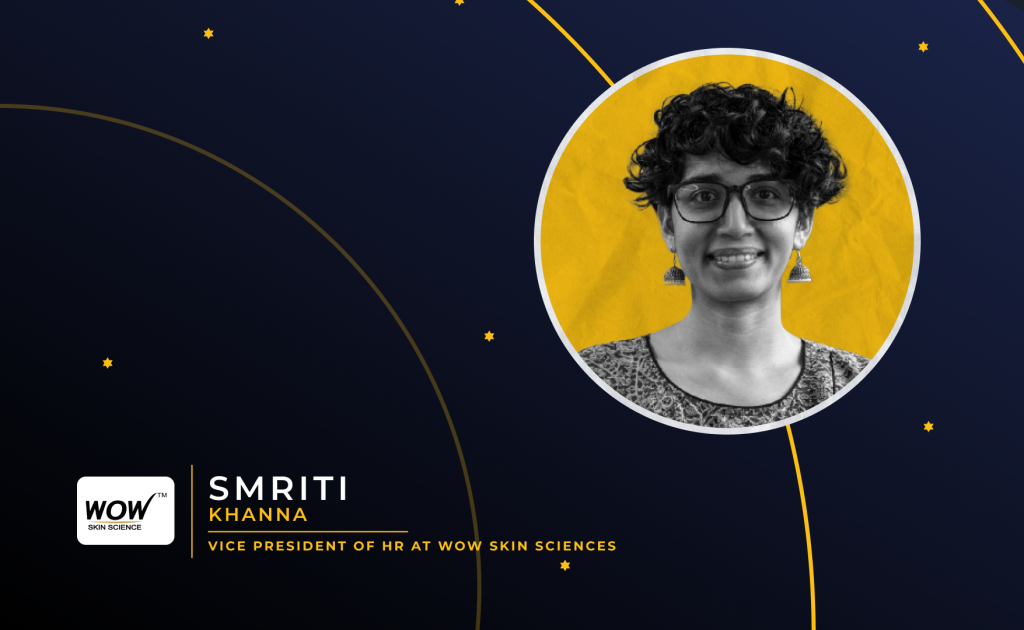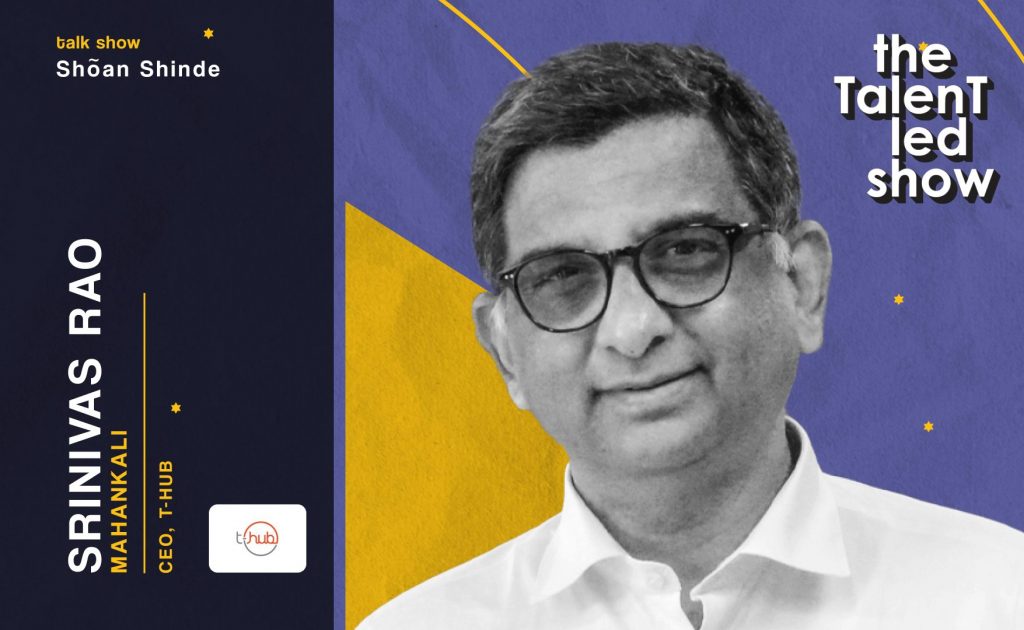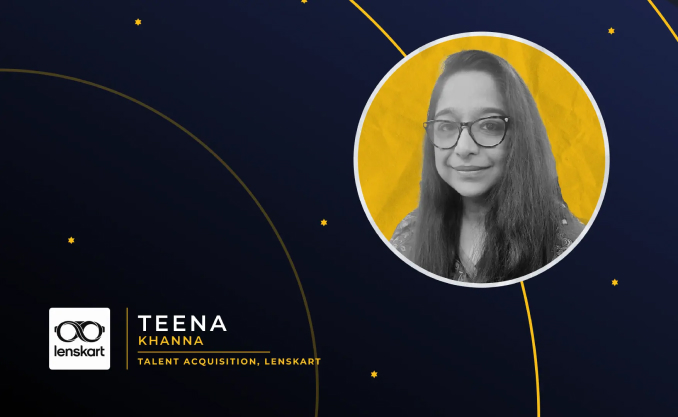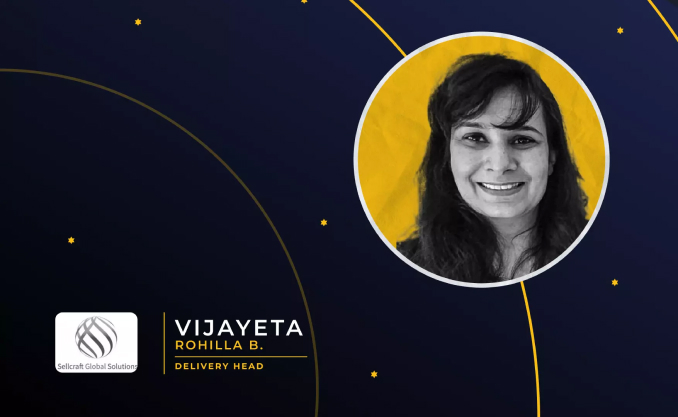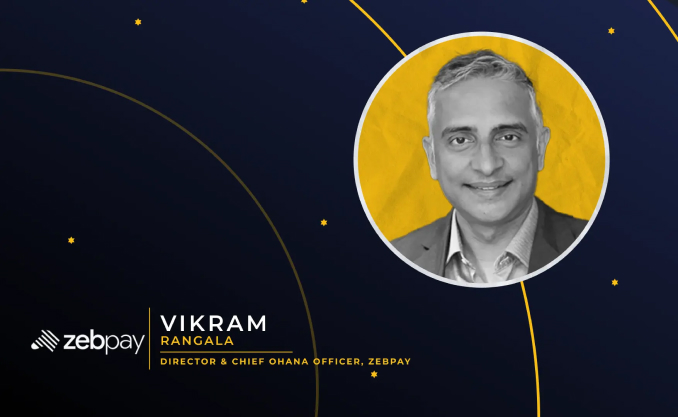Ed Rogers with almost two decades of experience was a part of NASA as the Chief Knowledge Officer apart from which he was also an assistant professor at the University of Alabama in Huntsville. He is currently the mentor advisor at TurboHire where Ed helps to evangelize the solution and refine its Go-to-Market concepts.
According to Ed, India has immense potential even with people shifting to the US for better opportunities, he believes that India will grow to be stronger as the years go by.
Ed believes that leadership is all about understanding the decision-making process and overlooking and advising people on how to make the right decisions.
The question of how people work together as a team is what got me into Ph.D.
I started my first career as a part of missionary relief work. We went to Lebanon during the war and stayed there for almost five years. Later on, I returned and did my MBA after which I got into consulting. That’s when the question of people working together and how it produces results got into my head. This gave me a headstart on my Ph.D. studies. Once I did my Ph.D. at Cornell I took up a job in Alabama as a professor. Academia was also an outcome of a Ph.D. mainly for two reasons. One if you’re mentoring a person through a Ph.D. program, it’s really about reproducing yourself and the second is I think it’s important to go and teach some and be some academic because it’s something you want to come back to, which I did, as you’ll see later in my life. I went on as a professor for three years and then I got my offer to go to NASA.
NASA had some challenges, especially since the Columbia accident and the loss of Kalpana Chawla and other astronauts. So they wanted to find out what was missing and how to fix it.
Since my Ph.D. studies were regarding how people work together and cooperate in a working environment, NASA said we need someone with your expertise to help us solve some problems. The most exciting part of this role is that NASA was not clear on what this role will be working on. They knew something was missing and they wanted me to solve this problem. So that’s when I figured out what this role would be and how it be effective in an organization like NASA. So that’s what I set out to do, and that’s what I spent a lot of time doing and created this position and created the role named Chief Knowledge Officer.
After working for seven years I then moved back to Academia. I let my boss know that I need to be a part of academia to be active and viable. That’s when I became a part of ISB. Started as a part-time activity and went on for about 15 years. I came to Hyderabad for the International Space Conference, which was held here in Hyderabad in High Tech City in 2007. So I came as part of the NASA contingent and was making some presentations. And while I was here before I got here, I was told about ISB by a colleague who came here, and she said, oh, you’re going to India. That’s when I met with a few people and they said why don’t you come over and teach a class. I took up the opportunity and helped students to gain confidence and taught them using some case studies.
According to Mark Twain, “It isn't what you don't know that will hurt you, it's what you think you know that isn’t so.”
In simple words, it can also be said that you have wrong ideas fixed in your head and you just won’t let them go because if you don’t know something you’re probably open to being instructed or learning, but if you think you know something, you don’t listen to anybody. And again this might be very common among senior leaders because they can easily get isolated and there are very few people they trust and listen to.
Post-COVID there have been a lot of challenges but mostly they are related to how to maintain relationships.
While a lot of teams have been coasted there has also been some great bonding among the team members. However, what limits these relationships were the online activities. How can one build and maintain good relationships online if you haven’t seen them upfront? This is why people are now trying to swing backward where they say I don’t want any more zoom. I don’t want any more calls. People are reacting a bit to that because I don’t think we figured out how to actually build those relationships in that regard. Also, people are now more eager to learn.
With the advent of AI and unicorns in India, people are now trying to find their own way.
There’s a lot of potential in India. Also since there’s no issue of money, all we need to find out is what engine that is going to drive people in India to showcase their full potential. Also since the 2000s a lot of Indian talent has moved on to the US for either to study or for settling down. While the number was lower in the past twenty years, the gap is still there. But now you can see how students are returning to India with a lot of opportunities now opening up. And things like incubators government programs, startup environments in academic institutions, research funding, all these things need to sort of come together where people realize the opportunities here are just as good.
India took a turn in 1991 and that’s when the trajectory of India started going up whereas right now if you see the US trajectory it is not going up.
Yes, there were a lot of challenges that India did face, but eventually, India was able to grow out of these challenges and turn successful in the long term. Whereas I’d say now the US market is going back to where India was in the pre1991. So there is a lot of debate on how the markets are working. Later on, one might see that the Indian market is where most people might want to be a part of. So yes, this shift might occur over a few more years.
Most startups tend to not pay attention to people functions and when they reach a certain size it tends to become hard to hire good HR people and this sort of becomes a problem.
Startups especially during their initial phase tend to focus on building the product, building the solution, going to market, selling, bringing in revenue so that they can raise funds, and so on which leaves them very less time to focus on human resources as a function. When the organization was small there wouldn’t have been much trouble however once the size starts growing you tend to face a lot of problems. Hence focusing on human resources is one thing that startups need to give priority. AI will also be a major contributor now for most organizations.
One big difference between the older generation and the new generation would be the number of opportunities that they are getting.
The opportunities are now endless thanks to the technology that is advancing nowadays. Also since there is such a development there also seems to be a high amount of expectations.
Also since I’ve been a part of NASA, I’ve seen how people tend to come up with their own solutions. Leadership is not about just telling people what to do, a lot of it has to do with listening to queries. There also needs to be clear communication between the leader and the employees, for the leader to actually provide input.
The last four decades have been a blessing for me. Especially with my teaching career has been quite a fulfilling experience.
I’ve traveled to over 40 countries. I even went up to the mount base camp of Everest in 1975. I still remember how I got to travel in a steam engine in India when I was in high school. I have had a lot of such experiences and I am thankful for all of these.
I’m currently retired from NASA and I do enjoy teaching quite often. I’ve also kept my hobby of ballroom dancing with my wife. We often get together and dance as a part of our hobby.
Leadership, in my opinion, is about understanding the decision-making process
You don’t have to make all of the decisions, you can entrust some of the decision-making processes to your employees. However, you need to pay attention to how these decisions are being made. Are we robustly making this decision? Are we thinking about the things we need to think about? Have we considered the alternatives? That is the leader’s job because everyone else is bringing their piece from their angle.
